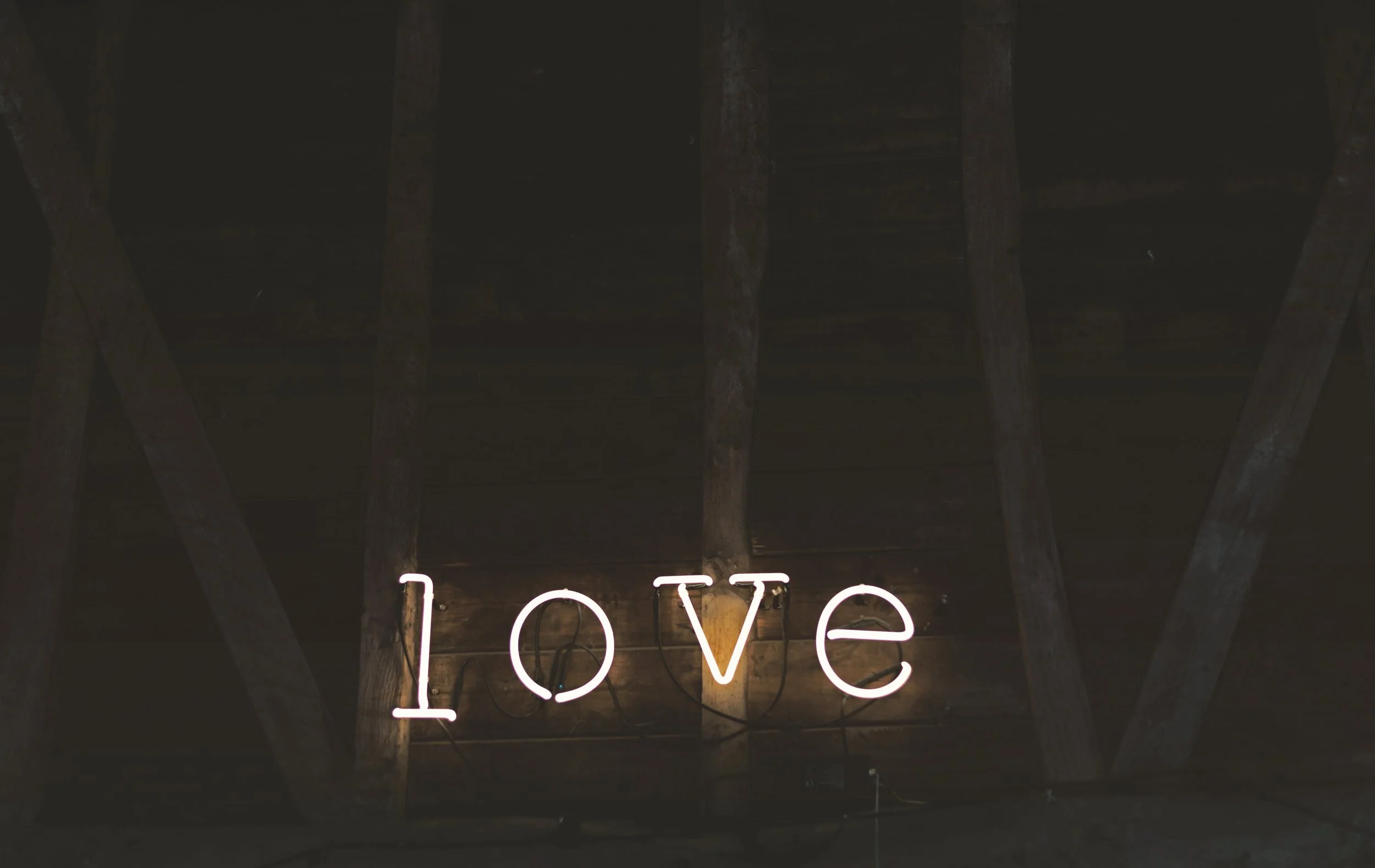Below is a conversation between Erika Mitchell, LMFT and Dr. Marguerite Maguire, MD , our former and beloved in-house psychiatrist at Michelle Harwell Therapy. Dr. Maguire has a specialty and personal interest in treating issues related to maternal mental health.
E: I've heard the term 'maternal mental health' refer to the moment a person conceives through the first year of that child's life, so considering that time-frame, I'm curious what are some cognitive/hormonal shifts or changes in the brain that could impact mental health, and that you might assess for when seeing a new patient coming in for concerns related to being the birthing person?
M: There is a drastic identity shift when you become pregnant and even greater when you become a mother. You may still the same inside but suddenly society sees you completely differently, you can feel the sudden shift in expectations. I think that shift, trying to match up how you feel with outsiders' vision of you, is a dramatic one that is a bit intangible and so often goes unrecognized. Society sort of puts you away as a viable, sexual, vital being and ushers you into a lane of service, selflessness, endless giving. Birth often changes your body permanently. 1 in 3 people who have been pregnant have some degree of incontinence and 1/2 have some degree of pelvic organ prolapse. It's really wild that we don't hear more about this. Women just quietly soldier on. I think I've gone a little off topic here, let me reign myself back in. As you progress through pregnancy, your estrogen is climbing and climbing. Those last weeks of pregnancy I find are usually quite anxiety inducing and depressing for patients. They are about to take a leap off a cliff from which there is no return, even if they've done all they can to prepare, they have no idea what to expect, and they're likely not sleeping well due to size and comfort. Then you give birth and you lose 99% of your body's estrogen in the 24 hours after birth. The real sleeplessness sets in, and on day 3 or so, your milk comes in so the hormonal changes leave you whiplashed with how quickly they change. I find the first 4 weeks to be the toughest on most birthing people's mental health.
E: How does the intersection of birthing-person mental health disorders with other identities such as race, ethnicity, sexual orientation, and gender impact the experience of mental health disorders?
M: Oh man, wish I had more expertise on this subject but I think it's important that it be widely known that black women are three to four times more likely to die in pregnancy and five times more likely to die from pregnancy-related cardiomyopathy and blood pressure disorders than white women. Also the majority of black women live in the 22 States that have banned abortion. Black women also have higher shares of preterm births, low birthweight births, or births for which they received late or no prenatal care compared to white women and these figures have not changed with improvements with overall healthcare quality and access. Also limited abortion access in the south disproportionately affects black women so we can expect all the above facts to worsen as abortion access becomes more and more restricted.
“Society sort of puts you away as a viable, sexual, vital being and ushers you into a lane of service, selflessness, endless giving.”
E: In what ways do societal expectations and norms surrounding motherhood contribute to birthing person mental health disorders, and how can we work to challenge and change these expectations?
M: Society's expectations of pregnant people are extremely strict. When you're visibly pregnant people automatically know something intimate about you that you didn't maybe mean to tell them or consent to them knowing. People often touch your belly without asking and offer unsolicited advice. There are signs at bars and coffee shops warning pregnant people about birth defects which I find a bit condescending. It's strange that one day, when a fetus implants, all of a sudden Starbucks is educating me on how I ought to be living my life. We expect people to make mistakes and choices that are less than ideal for their health, like smoking for example, but the second that person becomes pregnant, society gasps if you haven't figured out a way to give up all your vices and become a perfect person overnight.
E: What are some common myths or misunderstandings related to mental health disorders of the birthing person?
M: The most important myth is that PREGNANCY IS A HAPPY TIME. There's immense pressure to be overjoyed at being pregnant. 1/2 of pregnancies in the US are unplanned so we ought to be careful when we congratulate people upon learning they are pregnant. It might not be happy news and it definitely might be ambivalent news. Especially if a person had a hard time getting pregnant, went through cycles of infertility treatments, they are under enormous pressure to be grateful every second of pregnancy and parenthood. But because of hormones, and role changes, and body changes and a whole host of intricate psychological underpinnings, pregnancy is not happy for everyone all the time. Any mental health condition you've experienced prior to pregnancy, is more likely to return during pregnancy. So if you've been depressed before, there is a good chance you'll have depression in pregnancy or in the postpartum period. Wouldn't it be nice if that were an okay thing to speak about.
E: Much of the literature related to 'maternal' mental health seems to emphasize social support as a huge protective factor against mental health disorders. Any advice for introverts or those who are choosing to have a child on their own?
M: Birthing a child on their own-- enlist the help of friends and family! It need not be a romantic partner. Introverts-- warn anyone you'll be spending time with ahead of time how you like to be cared for. Perhaps rather than sitting around and socializing with you, or watching you intently as you breastfeed, a loved one could show their support by popping into your house, doing your dishes, putting away your laundry, then leaving without a word.
E: What's up with breastfeeding (or chest feeding as is the new, more proper terminology)?
M: There has been a big push toward "breast is best" and the American Academy of Pediatrics now recommends exclusive breastfeeding for the first 6 months and ongoing breastfeeding for 2+ years. This is A LOT, especially for a person who has any predisposition to mental health issues. Some people find breastfeeding to be a bonding experience, a special time between them and their baby, and they feel good giving the baby all those antibodies especially during a pandemic but I want to give a blanket ITS OKAY TO STOP to anyone who has a hard time with breastfeeding. Most of my friends and patients continue to do it out of obligation and guilt, feeling selfish if they don't want to do it. If you exclusively breastfeed you have to do ALL the night time feedings whereas formula can be given by any one in the household. It wreaks havoc on your sleep. The data for how much more beneficial breastmilk is compared to formula is not strong. Much more important to have a happy, well rested, emotionally attuned parent. "FED IS BEST." I say. I think the guilt of breastfeeding is just another way in which mom guilt lurks around every corner. You know it's Mom Guilt when either way you do things, you'll feel bad. In those cases you have to just kick that thought to the curb. If you go back to work you're abandoning your baby but if you're JUST a stay at home mom you're not setting an example for your kid that women can have multifaceted identities and successful careers etc etc, there's no winning, its mom guilt, chop it up and toss it to the wind!
E: Thank you so much Dr. Maguire for all of your words of wisdom, I always appreciate your down to earth approach to mental health. As an expecting parent I feel a sense of relief after talking with you about some of these things, and I hope others feel the same :)
Erika Mitchell, MA, LMFT is a Licensed Marriage and Family Therapist.. Erika specializes in helping her clients bring mindful, attuned awareness to their sensations and emotions.











